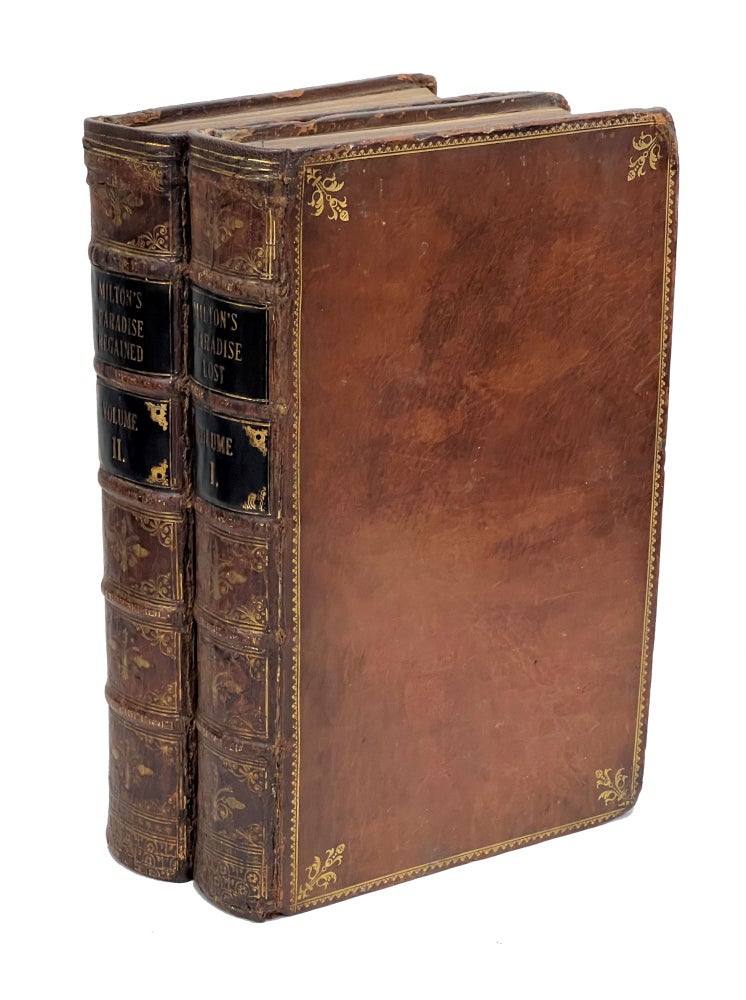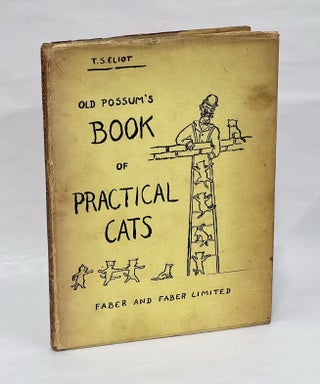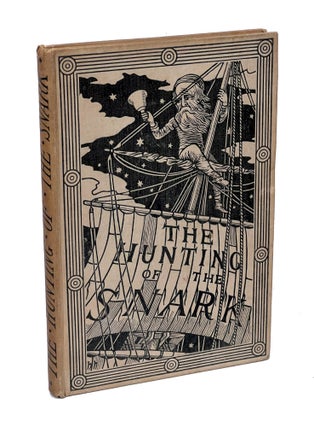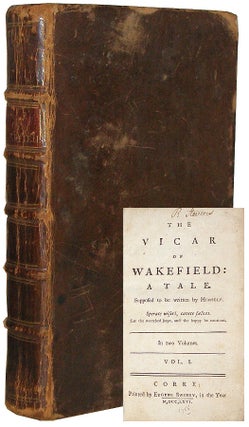
Paradise Lost; Paradise Regain'd
Price: $1,500.00
Hard Cover. London: Printed by John Baskerville for J. and R. Tonson, 1758. Very Good.
Two volumes. First Baskerville edition. Bound in full brown calf with gilt borders with designs in four corners to boards, gilt designs to edges, spines with five raised bands and designs in gilt to each compartment, black labels with titles in gilt to spines, brown topstains and speckled edges, marbled endpapers, John Earl of Hyndford bookplates to front pastedowns. Very good set, spine ends and corners with some repair, outer hinges reinforced, with some wear to corners, some wear and thin cracks to spine hinges, a bit of rubbing to gilt on spines and edges. Overall, an excellent and well-preserved set. Paradise Lost includes a preface by the set's famed printer, John Baskerville, which gives insight into his approach to printing. Paradise Regain'd includes a biographical section titled "Life of Milton" and two additional works by Milton - "Samson Agonistes" and "Poems upon Several Occasions." Both volumes have the bookplate of John Carmichael, a Scottish diplomat and nobleman of the 18th century, attached to their front pastedowns. Paradise Lost is a blank-verse poem that relates the story of Adam and Eve's expulsion from the idyllic Garden of Eden. Originally published in ten books, Milton revised the first edition by breaking two longer chapters in half, creating a total of twelve books. Like Virgil's Aeneid, Paradise Lost is half the length of both of Homer's epics. Milton began composing Paradise Lost after he had gone completely blind; he memorized his verses and orated them to friends and family for inscription. Although this process was due to disability rather than lack of modern technology, the oration of the poem further solidifies this text's ties to earlier epic poetry. Paradise Regain'd is Milton's sequel text to Paradise Lost, focusing on the devil's forty-day temptation of Jesus and the ultimate triumph of good over evil. While the former concerns the temptation of man, the latter explores the temptation of God himself. Item #JMPL014




